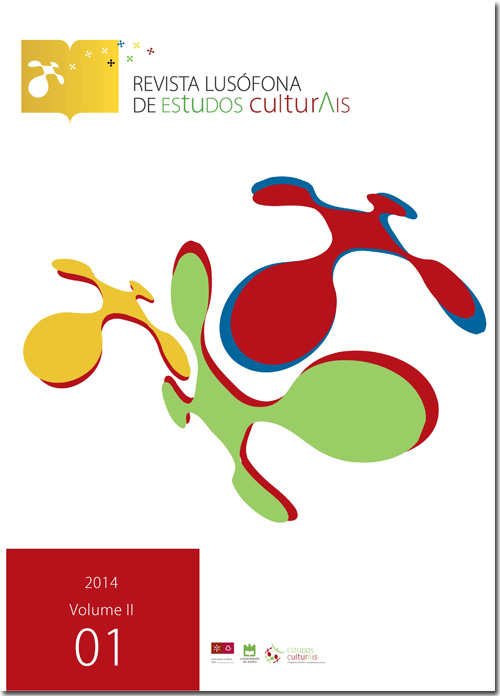DIASPORIC IDENTITY(IES) AND THE MEANING OF HOME IN AUTOBIOGRAPHICAL DOCUMENTARY FILMS
DOI:
https://doi.org/10.21814/rlec.55Keywords:
Autobiographical documentaries, memory, home, identityAbstract
Reconstructed in social contexts, the memories of forced migration experiences such as those lived by filmmakers Diana Andringa and António Escudeiro – who had to leave Angola, the country where they had been born and raised – are now being highlighted, shared, and negotiated in the current audiovisual context. The documentaries analyzed in this work, Escudeiro’s Goodbye, Until Tomorrow (2007) and Andringa’s Dundo, Colonial Memory (2009), allow us to reflect on how these memories of migration experiences are portrayed in contemporary Portuguese cinema. In this article, we argue that autobiographical narratives – oral and visual – are privileged sites for investigating cultural identity and its construction. Our thematic analysis of these two documentaries was complemented by an in-depth interview with the authors. This multi-method approach allowed us to investigate the social and cultural contexts in which they lived, as well as the meanings of home and belonging to the two filmmakers.Downloads
Download data is not yet available.
Downloads
Published
2014-06-17
How to Cite
Macedo, I., & Cabecinhas, R. (2014). DIASPORIC IDENTITY(IES) AND THE MEANING OF HOME IN AUTOBIOGRAPHICAL DOCUMENTARY FILMS. Lusophone Journal of Cultural Studies, 2(1), 54–71. https://doi.org/10.21814/rlec.55
Issue
Section
Thematic articles
License
Authors own the copyright, providing the journal with the right of first publication. The work is licensed under a Creative Commons - Atribuição 4.0 Internacional License.








